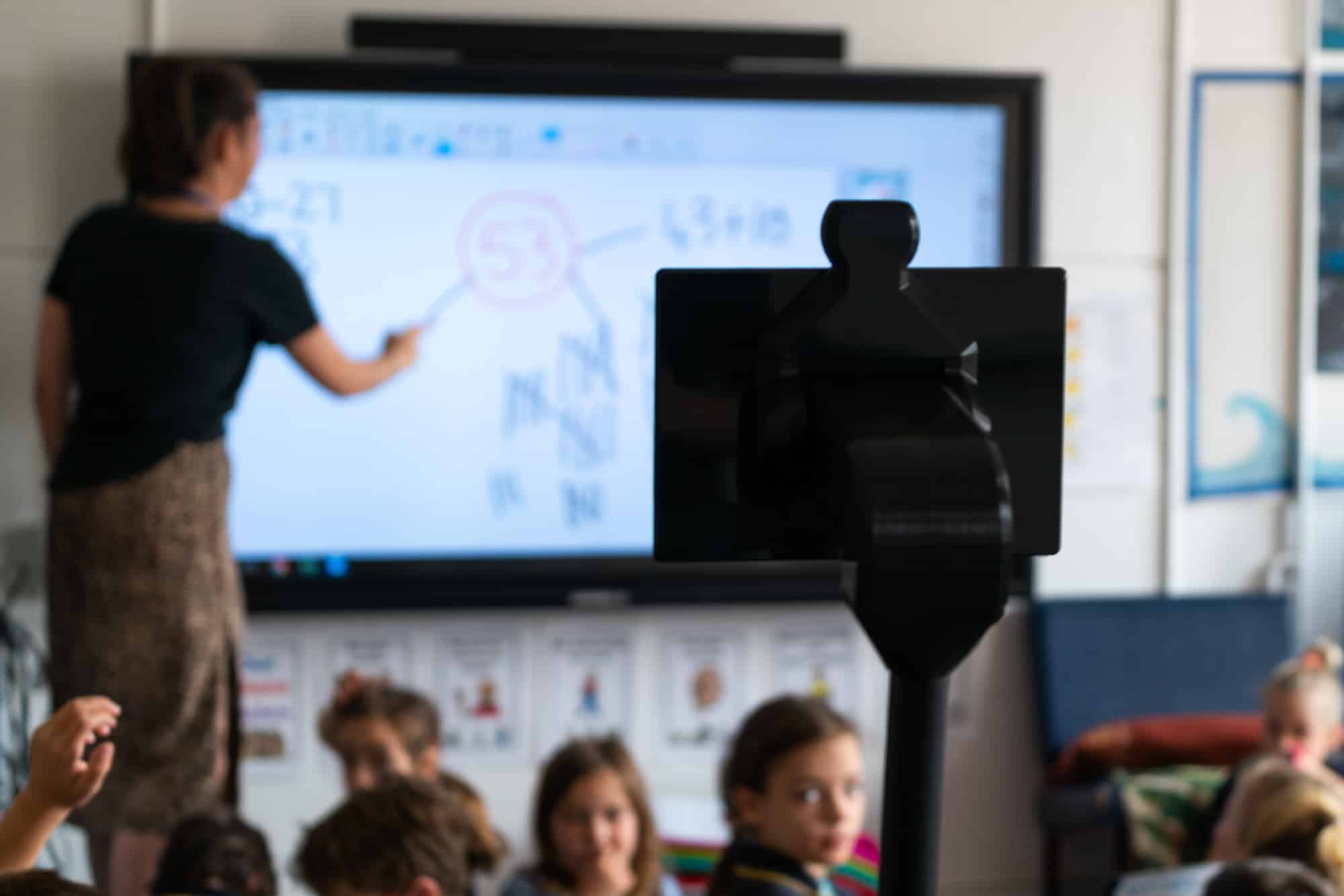MissingSchool was featured in an article from Kiddipedia. To view the original article click here.
Soon many parents whose children are currently on school holidays will be quietly counting down the days until their child can get back to school, particularly with social distancing limiting the activities available for them.
But for many families around the country, COVID-19 has meant their children are less likely to make it back to school than ever before. There are currently more than 60,000 children in Australia who don’t have the option of attending school due to their own serious long-term illness. And due to the pandemic, the medical vulnerability of a sibling, parent, or guardian means the number of children who are unable to attend school is much larger than before.
It is not only sick children who need to be at home, but the children of parents who are immunocompromised and therefore reluctant to send their children back to school. The siblings of children who have chronic illness are similarly restricted for fear of passing on the disease to their unwell brother or sister. They too are discouraged from attending school due to the risk of bringing the infection back home.
Parents and children in certain postcodes in Victoria will know all too well the feeling of believing things are on the road to recovery, only to be faced with yet another barrier between you and ‘normal’ life. But for tens of thousands of families around the country, isolation and lack of social interaction for health reasons is simply their everyday reality.
The COVID-19 pandemic finally saw schools take responsibility for supporting children who can’t physically attend school due to a health crisis. The pandemic saw families experiencing some of the difficulties that the families of children with serious long-term illness face, with isolation, difficulty accessing lessons, concerns for health, uncertainty, and financial pressures.
But now that restrictions are easing and many healthy children are about to return to school, it’s time to focus our attention on those children who remain unable to make it back to the classroom.
To offer these vulnerable children that normality and then taking it away after two months can lead to devastating social and emotional outcomes to the child and family involved. Most schools are simply not equipped to simultaneously support distance and face-to-face learning, so the reopening of schools means that these children are experiencing the sudden loss of equity once again.
Our charity, MissingSchool, aims to redress the balance with the aid of in-classroom telepresence robots to stand in the classroom for kids who can’t attend themselves. The low-cost technology allows the child to see and hear the lessons, but most importantly, interact with their teacher and friends. Their teacher and friends can see the child via a screen, and the child navigates the robot through their computer or tablet at home or in hospital, with the ability to talk and interact. The robots can roam around the class and school, providing opportunities for the child to participate in social activities such as assemblies, lunchtime play as well as social events.
I’ve seen first-hand the joy in children’s eyes when they see their school friends as they’re going through their toughest times. Participating in class activities can bring a little bit of normality to a day, that for some, is filled with doctors, medication, difficult treatments and the tedium of being stuck at home or in hospital.
I have also witnessed the heartbreaking consequences of a child going through long-term treatment and isolation from his peers at school, when my son spent years away from school due to a critical illness. The absence of normal interaction in class and friends can slowly chip away at even the most resilient child.
While I am thrilled to see kids returning to the classroom, and mums and dads are relieved of playing teacher, it’s also a sad reminder that for lots of families, this is simply not a possibility.
Now more than ever, parents and caregivers across Australia will understand the impact missing school has on a child’s life, both from an educational perspective, and more importantly, a child’s need to socialise and feel connected with their friends.
The impact also extends to the rest of the family, as parents have to do the heavy lifting of the child’s learning for the longer term, while watching their child suffer from not only their illness, but the loss of belonging and the loss of relationships with their peers at school. It’s time to redress the balance.
To donate to MissingSchool, visit www.missingschool.org.au and take our pledge.
